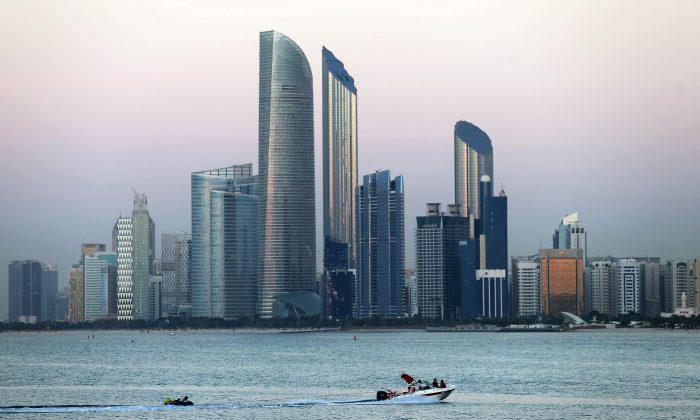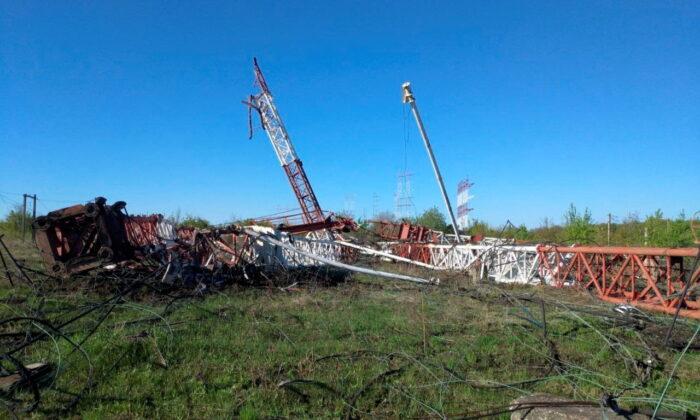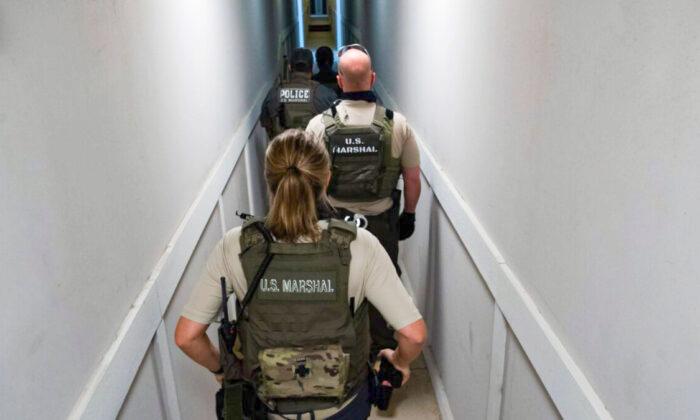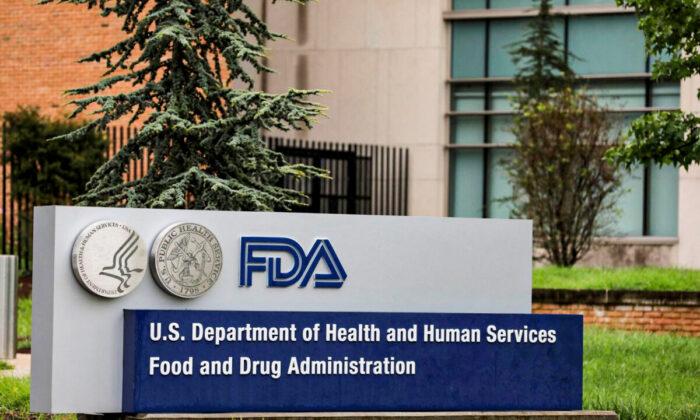The U.S. Embassy in the United Arab Emirates (UAE) has warned U.S. citizens of “reports of a possible missile or drone strike” over Abu Dhabi as the UAE blamed an overnight blast on a gas cylinder explosion.
The UAE’s U.S. Embassy didn’t elaborate on details about the overnight explosion, but asked U.S. citizens to remain vigilant.
“There are reports of a possible missile or drone strike having occurred over Abu Dhabi,” a U.S. Embassy message to U.S. citizens in the UAE reads. “The Embassy advises U.S. citizens to immediately follow the safety actions listed below and stay alert in case of additional future attacks.”
In recent weeks, three missile and drone attacks on the region have been claimed by Yemen’s Iranian-backed Houthi group—one on a fuel depot in Abu Dhabi that killed three people on Jan. 17 and two that Emirati authorities said had been intercepted.
A fourth attack involving drones that the UAE said were intercepted was claimed by a little-known group.
The Houthi group is battling a Saudi-led coalition that includes the UAE. The earlier attacks were confirmed by UAE authorities.
On Feb. 9, Abu Dhabi Civil Defense stated that it had received a report of a fire caused by a gas cylinder explosion in a building in a central residential area at 12:09 a.m. local time.
“Specialized teams extinguished the fire, evacuated the building as a precaution, and controlled the situation,” the Civil Defense Authority said in a statement on state media.
The recent attacks on the regional hub, which prizes its reputation as a safe business and tourism destination, have caused some anxiety among residents. The Civil Defense Authority asked the public on Feb. 9 to follow only official media sources and to avoid spreading rumors.
The UAE Defense Ministry has stated that it’s “ready to deal with any threats” and that it’s taking “all necessary measures” to safeguard the country.
The United States stated on Feb. 1 that it was sending fighter jets to assist the UAE in the wake of the recent attacks.
The U.S. Defense Department said in a statement that Defense Secretary Lloyd Austin informed Abu Dhabi Crown Prince Mohammed bin Zayed Al Nahyan of the decision in a telephone call.





